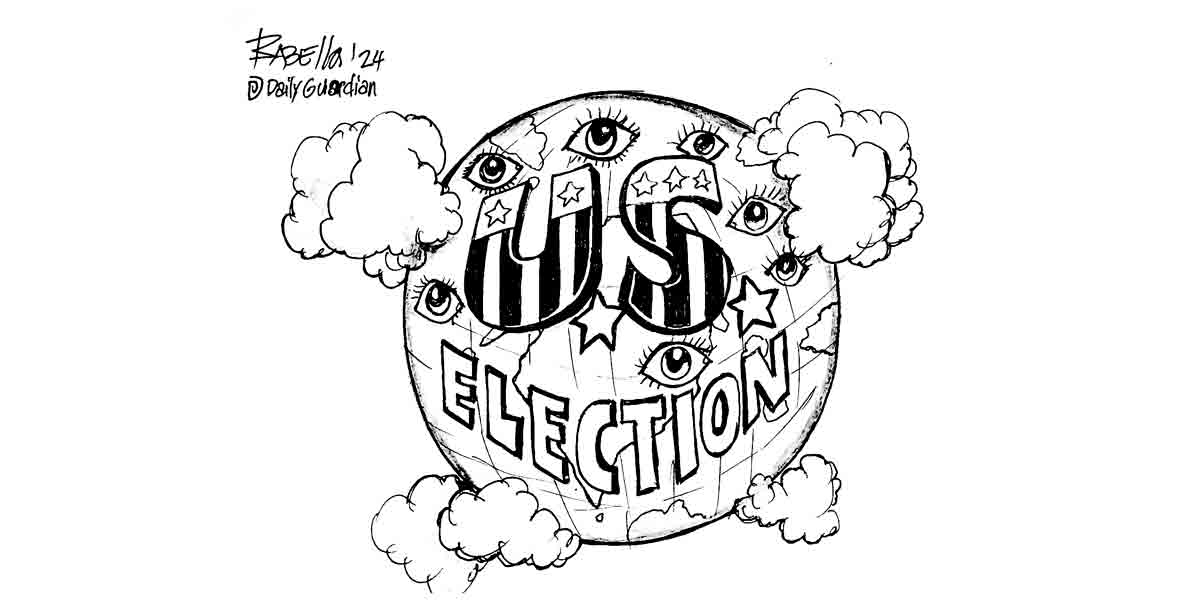By Joshua Corcuera
When we were young, we were taught to only believe in the truth and never lie. We were taught that the truth matters to our individual lives and to society as a whole, it allows us to grow and mature, and learn from our mistakes to become better persons. But, what exactly is the concept of truth?
An adage often attributed to Siddharta Gautama, popularly known as Buddha, said that “three things cannot be long hidden: the sun, the moon, and the truth.” From here, it can be argued that the truth can be known by any person regardless of who that person is—whether s/he is young or old, rich or poor, residing in the cities or from the countryside. This is especially true in the digital age where information from reliable sources is readily available. Just a simple search in Google asking if vaccines are safe and effective would render more than a billion results—displayed prominently are articles from scientific journals and experts for obvious reasons. In the age of information, ignorance is a choice. However, some truths remain hidden as secrets—but secrets do not necessarily last forever, and certain hidden truths would ultimately be known.
Another saying on the truth, which is attributed to no exact person, said that “the truth may hurt for a little while, but a lie hurts forever.” We have to accept the reality that the truth may be something we do not like to hear. This is why in a certain film, Bonifacio asked Aguinaldo if Filipinos are prepared to hear the truth without getting provoked or feeling any resentment. With this, we must hear and accept the truth whether it is pleasant to our ears, or it provokes us. Otherwise, we would preposterously believe in lies which would affect us in one way or another.
“In a time of deceit,” George Orwell said, “telling the truth is a revolutionary act.” In some societies in the modern world, freedom of speech is non-existent. This is common among modern-day dictatorships such as in North Korea as well as in Communist China. The latter has tight control over the internet and any search that tends to be critical of the-powers-that-be would render no results. For instance, the Chinese government in 1989 had massacred protesters in Tiananmen Square in Beijing. There is no exact figure though estimates vary from several hundred to a few thousand. Despite being factual and supported by concrete evidence, from personal accounts to photographs and video records, the 1989 Tiananmen Square Massacre is unknown to many in mainland China, especially the youth. While elderly Chinese aware of the historical truth are forced to silence due to the nature of China’s authoritarian regime.
Back to where we started, believing in the truth is not as easy as it seems—even if everyone told us to do so. We were taught to reject lies and believe in the truth, and though this is true, we must focus our efforts in determining what is the truth in the first place. We must intensify efforts in resisting attempts on historical distortion and disinformation for the benefit of certain people. Truth is objective, it does not have any other version, and for the sake of the common good, it must be spread far and wide to defeat lies.
























